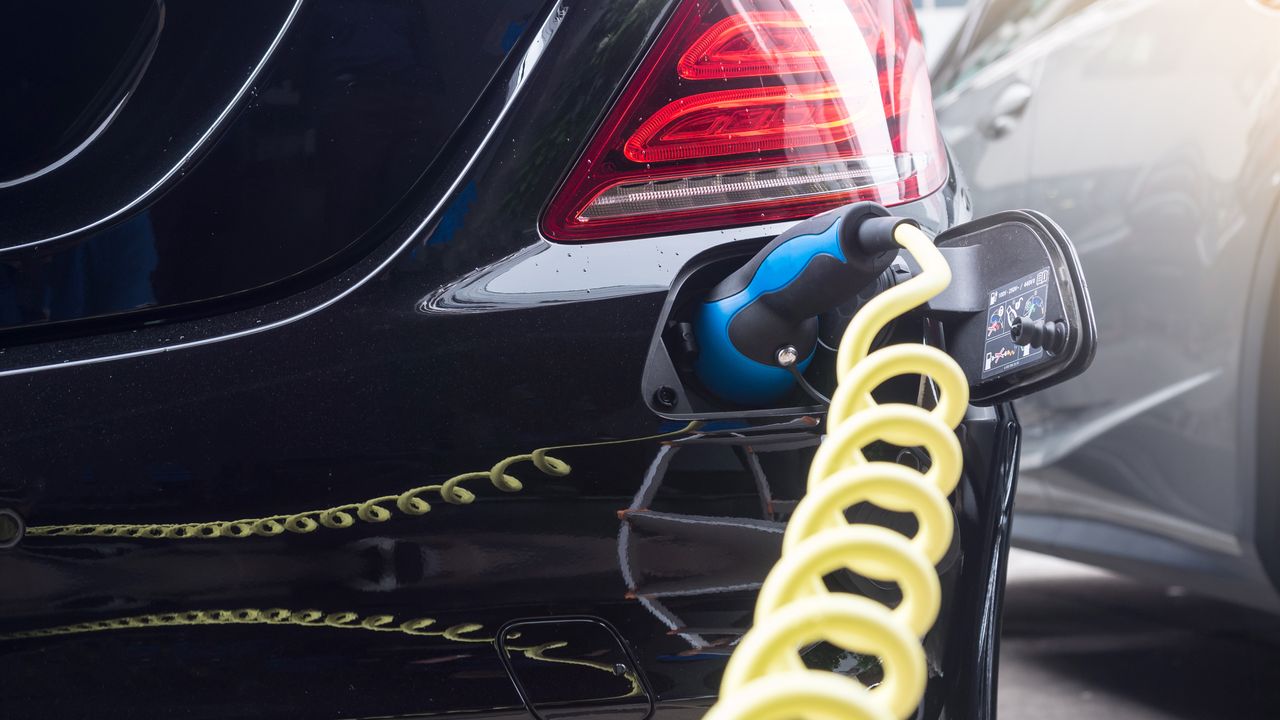Battery Technology and Advancements in Electric Vehicles
Electric vehicles (EVs) have gained significant popularity in recent years, thanks to advancements in battery technology. As the world moves towards a more sustainable future, the development of efficient and long-lasting batteries is crucial for the widespread adoption of electric vehicles. In this article, we will explore the latest innovations in battery technology and their impact on the charging infrastructure, charging efficiency, and overall performance of electric vehicles.
Charging Infrastructure
One of the key challenges in the widespread adoption of electric vehicles is the availability of a robust charging infrastructure. To address this issue, governments and private companies are investing heavily in the development of charging stations across the globe. These charging stations come in different forms, including slow chargers, fast chargers, and ultra-fast chargers.
Slow chargers, also known as Level 1 chargers, are typically used for overnight charging at home or workplaces. They provide a charging power of around 2-5 kilowatts, which is sufficient for most daily commuting needs. Fast chargers, or Level 2 chargers, offer a higher charging power of 7-22 kilowatts, enabling faster charging times. Ultra-fast chargers, also known as Level 3 chargers or DC fast chargers, can provide charging power of up to 350 kilowatts, allowing EVs to charge up to 80% in just 20-30 minutes.
With the development of high-power charging stations, the charging infrastructure for electric vehicles is becoming more convenient and accessible. This, in turn, encourages more people to consider switching to electric vehicles as their primary mode of transportation.
Charging Efficiency
Charging efficiency is another crucial aspect of battery technology that directly impacts the performance of electric vehicles. Efficient charging ensures that the energy from the grid is effectively stored in the vehicle’s battery, minimizing energy losses and maximizing range.
The efficiency of charging depends on several factors, including the battery chemistry, charging method, and temperature. Lithium-ion batteries, which are commonly used in electric vehicles, have significantly improved charging efficiency compared to older battery technologies. They can accept higher charging currents and have lower self-discharge rates, resulting in faster and more efficient charging.
Moreover, advancements in battery management systems (BMS) have further enhanced charging efficiency. BMS monitors the battery’s state of charge, temperature, and other parameters to optimize the charging process. It ensures that the battery is charged within its safe operating limits, maximizing its lifespan and overall performance.
Battery Innovations
The development of new battery technologies is crucial for the continuous improvement of electric vehicles. Researchers and manufacturers are constantly working on innovative battery designs to increase energy density, improve safety, and reduce costs.
One promising battery technology is solid-state batteries. Unlike traditional lithium-ion batteries, which use liquid electrolytes, solid-state batteries use solid electrolytes. This eliminates the risk of leakage and improves the overall safety of the battery. Solid-state batteries also have higher energy density, allowing for longer driving ranges.
Another area of innovation is the use of lithium-sulfur (Li-S) batteries. Li-S batteries have a higher theoretical energy density compared to lithium-ion batteries, which means they can store more energy in the same volume. However, Li-S batteries face challenges related to their cycle life and stability, which researchers are actively working to overcome.
Furthermore, advancements in battery recycling technologies are essential to ensure the sustainable use of electric vehicle batteries. As the demand for electric vehicles increases, the recycling of old batteries becomes crucial to minimize environmental impact and recover valuable materials.
Conclusion
The advancements in battery technology have revolutionized the electric vehicle industry. With the development of efficient charging infrastructure, improved charging efficiency, and innovative battery designs, electric vehicles are becoming more practical and appealing to a wider audience. As we continue to invest in battery research and development, we can expect even more exciting advancements in the future, making electric vehicles the preferred choice for sustainable transportation.
